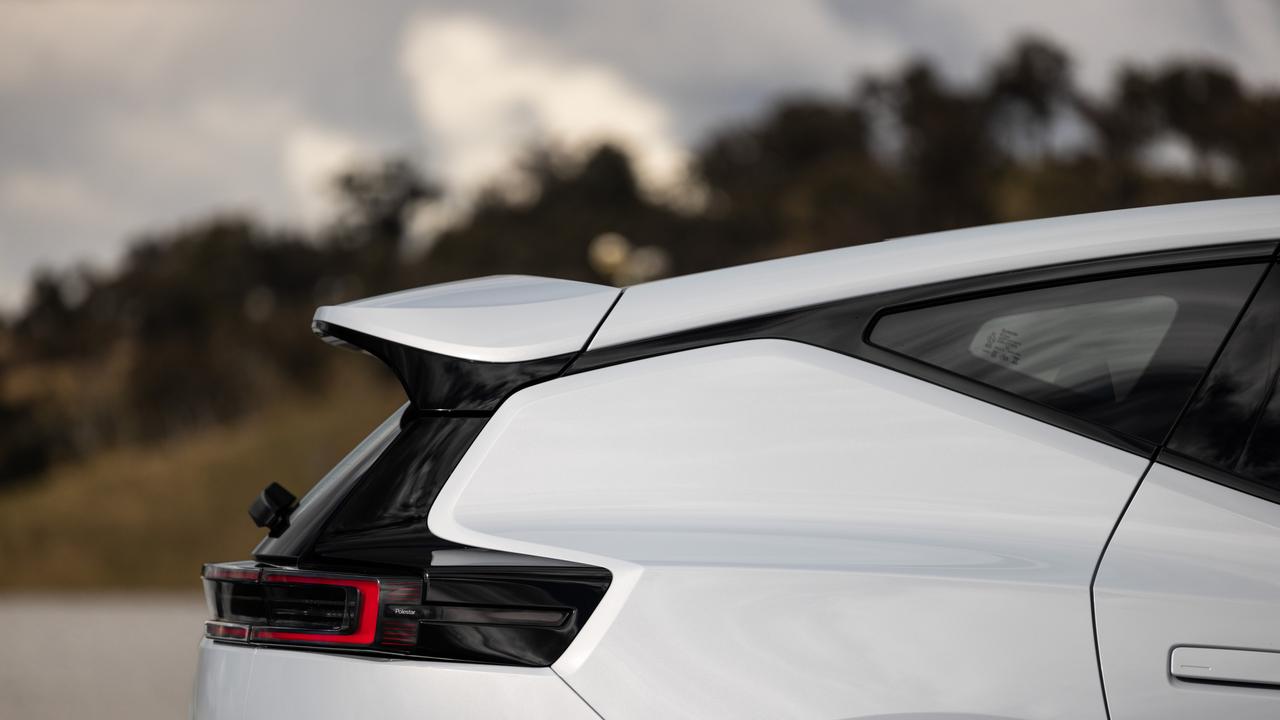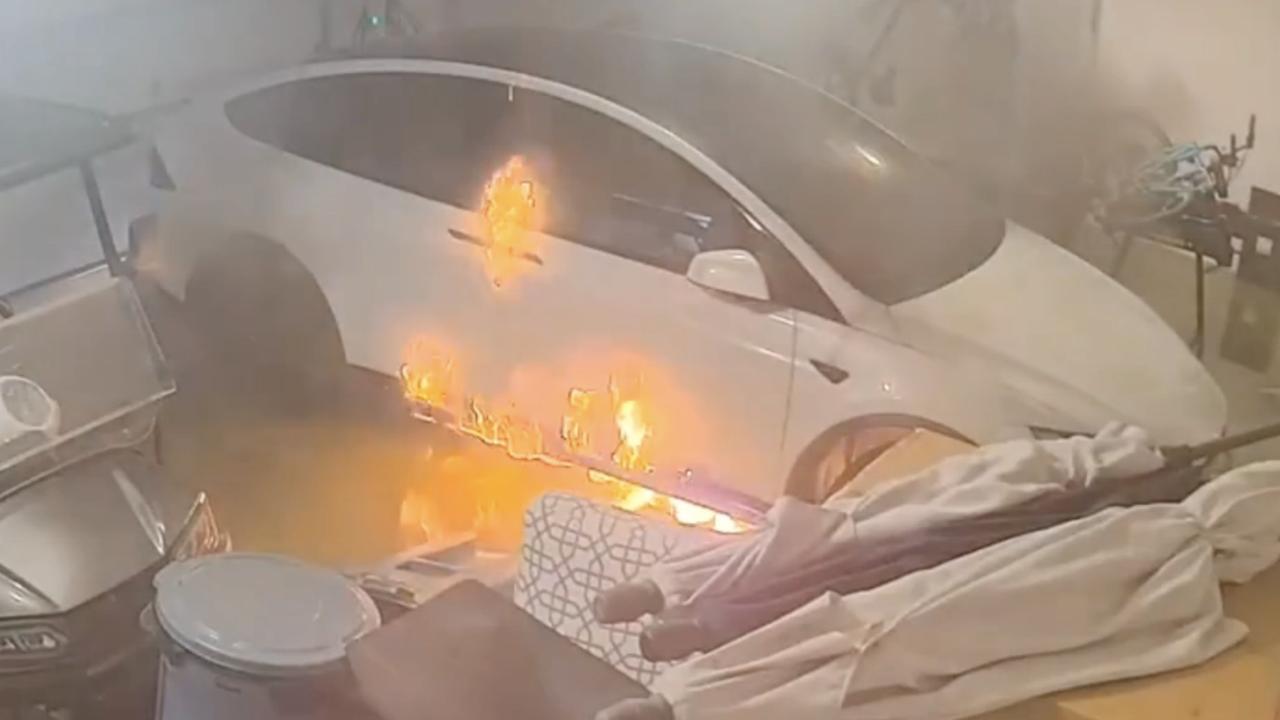Experts question the Government’s fuel efficiency claims
Climate Change and Energy Minister Chris Bowen claims our cars are much thirstier than those in the United States, but the numbers don’t appear to stack up.
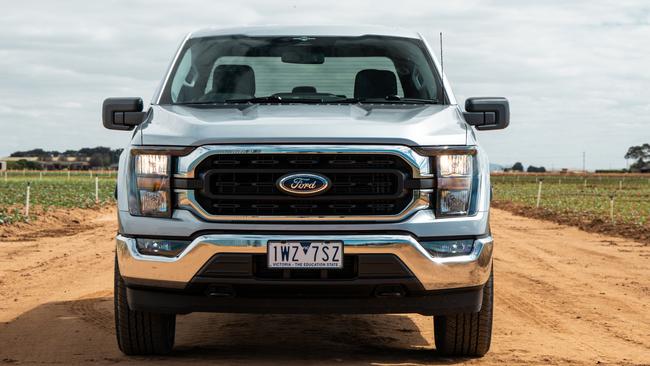
Motoring News
Don't miss out on the headlines from Motoring News. Followed categories will be added to My News.
Car industry experts have cast doubt on the Federal Government’s claims that Australian cars are 20 per cent thirstier than their US counterparts.
The claim, made by Climate Change and Energy Minister Chris Bowen, is based on assumptions made in the government’s impact analysis for its tough New Vehicle Emissions Standard (NVES).
“Now, I think everyone understands in America, you get a big range of cars, and including very big, what they call pick-up trucks, what we call utes. But what a lot of people wouldn’t know is that even in America, their cars use 20 per cent less fuel than ours do,” Mr Bowen told the Today Show this week.
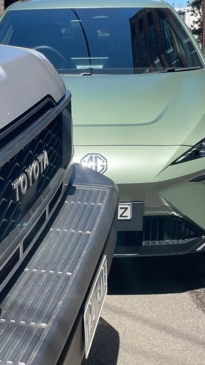
But Motor Traders Association chief executive Matt Hobbs said the government’s analysis compared US and Australian CO2 targets rather than looking at actual fuel consumption figures.
“They are not using an ‘apples and apples’ comparison,” Mr Hobbs said.
The top three selling vehicles in the United States are petrol-powered full-size pick-up trucks, while our top three sellers are smaller and much more efficient diesel utes.
America’s favourite vehicle for the past 42 years, Ford’s F150, uses 12.2L/100km, while the volume-selling model of Australia’s most popular vehicle, the Ford Ranger, uses just 7.1L/100km.
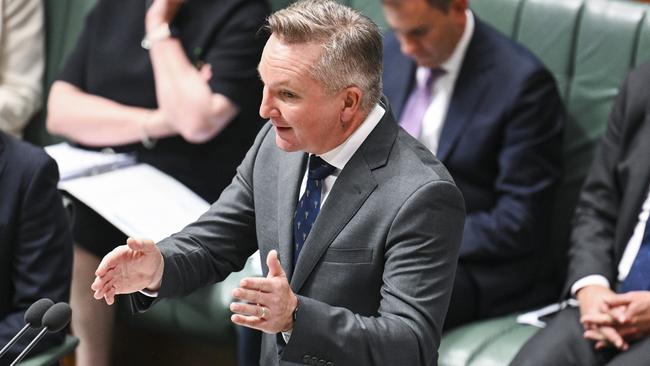
The Australian Automobile Association, which represents motoring clubs such as the NRMA, RACV and RACQ, said the comparison between Australia and the United States didn’t stack up because it ignored some of America’s thirstiest pick-up trucks.
A large percentage of US pick-up trucks, including many versions of the F-Series, are not bound by the US passenger vehicle emission targets because they are simply too big.
The AAA claims that 45 per cent of Ford F-Series sold in the US fall outside of the US vehicle CO2 standards.
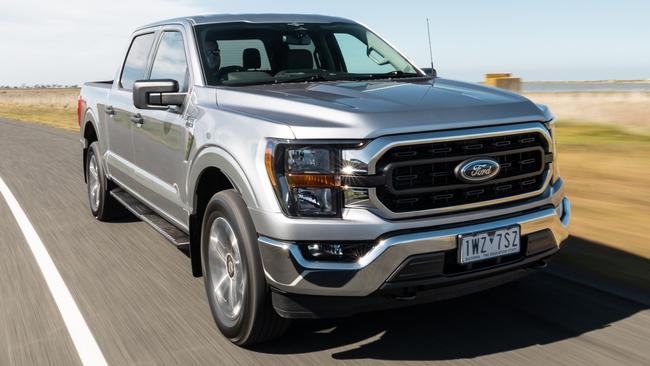
Last year, Ford sold more than 750,000 F-Series. Of those, only 24,165 were electric.
Mr Bowen’s office declined to comment on the claims, but its calculations are based on a comparison between voluntary CO2 targets set by the Federal Chamber of Automotive Industries and the US EPA targets.
Experts argue that it’s impossible to do an “apples and apples” comparison because there are different credits applied to each scheme and they use a different laboratory cycle for their fuel efficiency tests.
The AAA has called on the government to be more transparent about its assumptions regarding the NVES.
It urged the Minister to release modelling for the standard and to address the expected introduction of a road user tax on electric vehicles, designed to cover lost revenue from the fuel excise as drivers make the switch to electric vehicles.
The NVES impact analysis, which covers from 2025 to 2029, makes no mention of a road user tax.
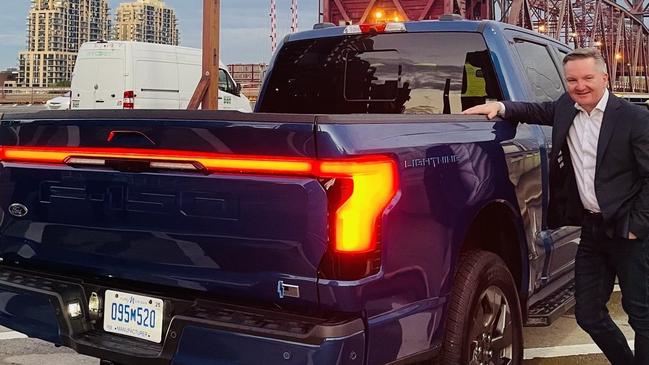
Any road user tax would have a direct impact on the government’s claims that consumers would save an average of $1000 in fuel costs by switching to EVs.
EV drivers are expected to be hit with an EV road user tax of between $300 and $400 a year once EV uptake reaches a certain level.
“The need for reform of motoring taxation will become more acute as the number of electric vehicles continues to increase,” the AAA said.
“The inequity of this situation is exacerbated by the fact that those who can afford to buy an electric vehicle will not pay excise, whereas those who cannot afford to buy an electric vehicle, or those for whom an electric vehicle is not suited to their needs, will continue to pay excise,” it said.
Treasury declined to comment on the road user tax.
More Coverage
Originally published as Experts question the Government’s fuel efficiency claims



